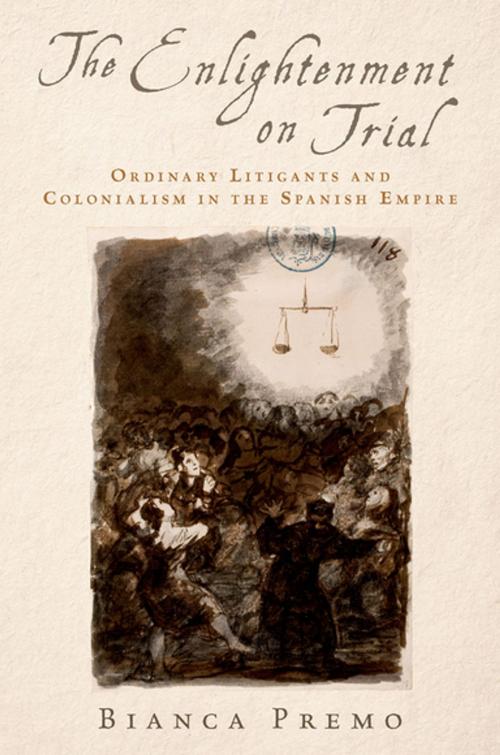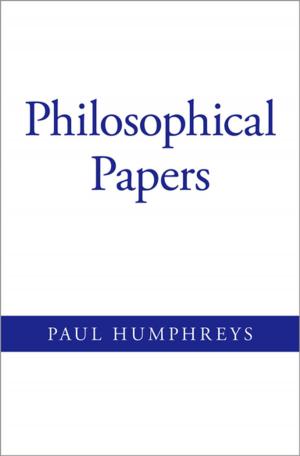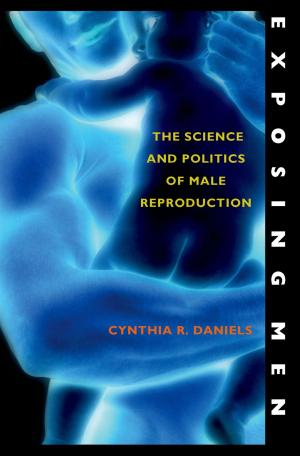The Enlightenment on Trial
Ordinary Litigants and Colonialism in the Spanish Empire
Nonfiction, Reference & Language, Law, Legal History, History, Americas, Latin America, Spain & Portugal| Author: | Bianca Premo | ISBN: | 9780190638757 |
| Publisher: | Oxford University Press | Publication: | January 19, 2017 |
| Imprint: | Oxford University Press | Language: | English |
| Author: | Bianca Premo |
| ISBN: | 9780190638757 |
| Publisher: | Oxford University Press |
| Publication: | January 19, 2017 |
| Imprint: | Oxford University Press |
| Language: | English |
This is a history of the Enlightenment--the rights-oriented, formalist, secularizing, freedom-inspired eighteenth-century movement that defined modern Western law. But rather than members of a cosmopolitan Republic of Letters, its principal protagonists are non-literate, poor, and enslaved litigants who sued their superiors in the royal courts of Spain's American colonies. Despite growing evidence of the Hispanic world's contributions to Enlightenment science, the writing of history, and statecraft, the region is conventionally believed to have taken an alternate route to modernity. This book grapples with the contradiction between this legacy and eighteenth-century Spanish Americans' active production of concepts fundamental to modern law. The Enlightenment on Trial offers readers new insight into how Spanish imperial subjects created legal documents, fresh interpretations of the intellectual transformations and legal reform policies of the period, and comparative analysis of the volume of civil suits from six regions in Mexico, Peru and Spain. Ordinary litigants in the colonies--far more often than peninsular Spaniards--sued superiors at an accelerating pace in the second half of the eighteenth century. Three types of cases increased even faster than a stunning general rise of civil suits in the colonies: those that slaves, native peasants and women initiated against masters, native leaders and husbands. As they entered court, these litigants advanced a new law-centered culture distinct from the casuistic, justice-oriented legal culture of the early modern period. And they did so at precisely the same time that a few bright minds of Europe enshrined new ideas in print. The conclusion considers why, if this is so, the Spanish empire has remained marginal to the story of the advent of the modern West.
This is a history of the Enlightenment--the rights-oriented, formalist, secularizing, freedom-inspired eighteenth-century movement that defined modern Western law. But rather than members of a cosmopolitan Republic of Letters, its principal protagonists are non-literate, poor, and enslaved litigants who sued their superiors in the royal courts of Spain's American colonies. Despite growing evidence of the Hispanic world's contributions to Enlightenment science, the writing of history, and statecraft, the region is conventionally believed to have taken an alternate route to modernity. This book grapples with the contradiction between this legacy and eighteenth-century Spanish Americans' active production of concepts fundamental to modern law. The Enlightenment on Trial offers readers new insight into how Spanish imperial subjects created legal documents, fresh interpretations of the intellectual transformations and legal reform policies of the period, and comparative analysis of the volume of civil suits from six regions in Mexico, Peru and Spain. Ordinary litigants in the colonies--far more often than peninsular Spaniards--sued superiors at an accelerating pace in the second half of the eighteenth century. Three types of cases increased even faster than a stunning general rise of civil suits in the colonies: those that slaves, native peasants and women initiated against masters, native leaders and husbands. As they entered court, these litigants advanced a new law-centered culture distinct from the casuistic, justice-oriented legal culture of the early modern period. And they did so at precisely the same time that a few bright minds of Europe enshrined new ideas in print. The conclusion considers why, if this is so, the Spanish empire has remained marginal to the story of the advent of the modern West.















